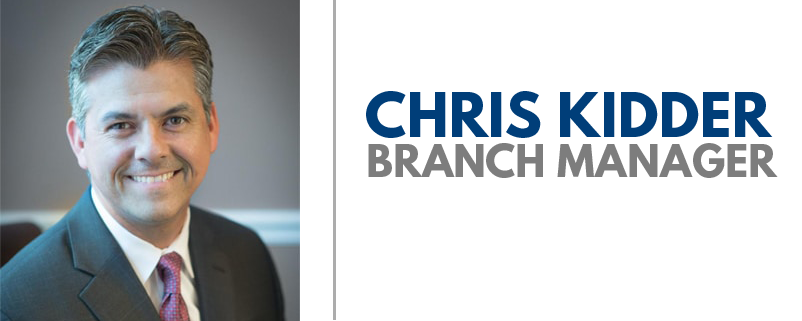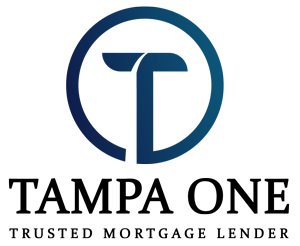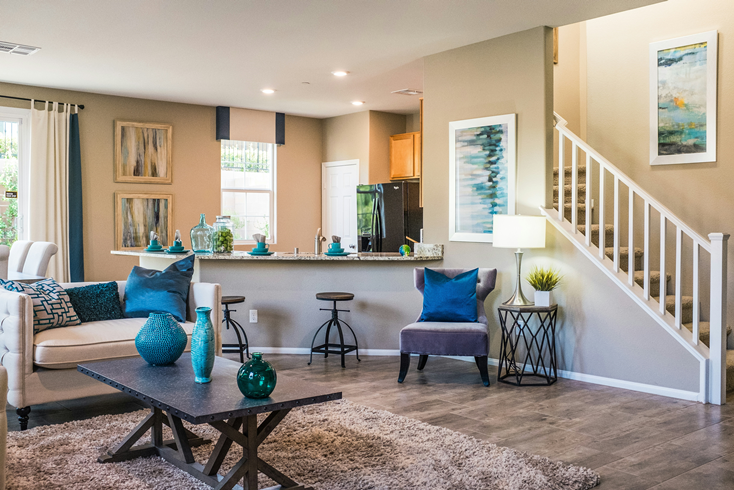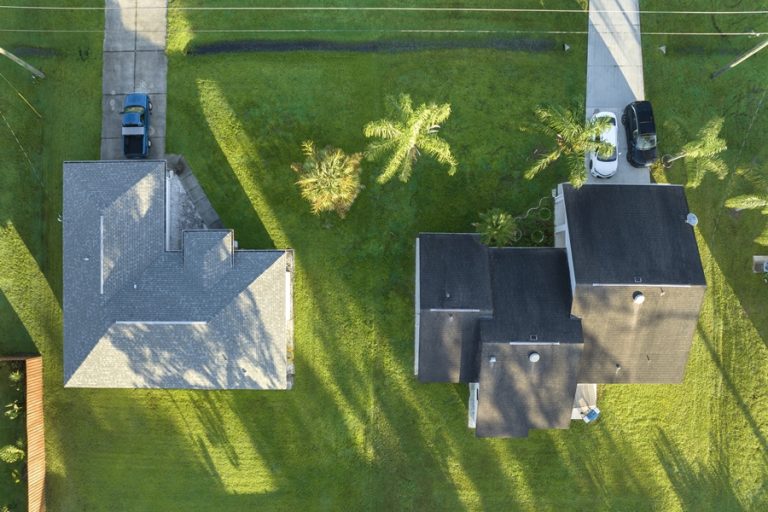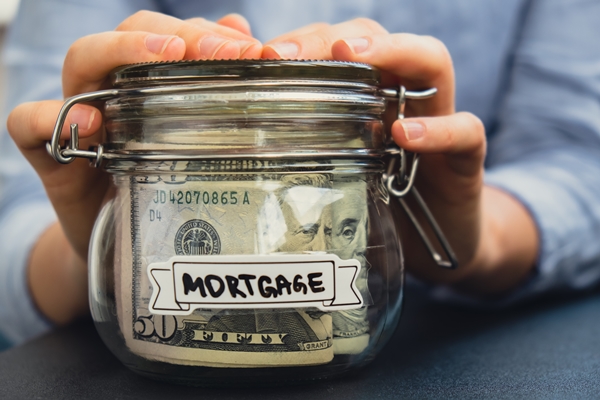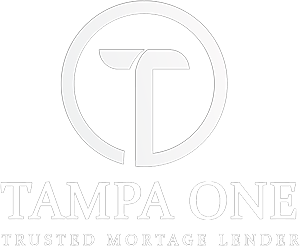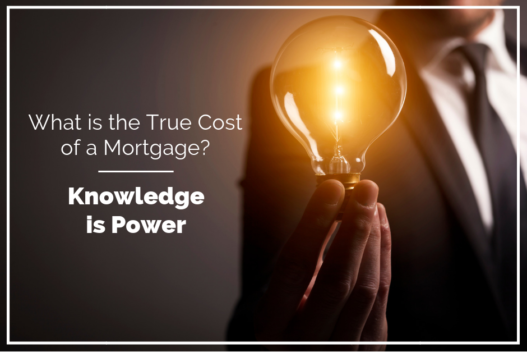 You are probably reading this because you are in the market to purchase a home. Your options are to pay cash or obtain a loan to purchase your dream home. Most of you will need to apply for a mortgage loan and you’re most likely going to be doing some comparison shopping.
You are probably reading this because you are in the market to purchase a home. Your options are to pay cash or obtain a loan to purchase your dream home. Most of you will need to apply for a mortgage loan and you’re most likely going to be doing some comparison shopping.
Buying a house is one of the biggest purchases you will make in your life and you’ll want to compare your finance options for the best deal possible. You might be comparing multiple mortgage loan offers from different brokers. You could also be trying to decide between an adjustable rate loan (ARM) versus a 30-year fixed, Regardless, it’s recommended that you properly evaluate your options to benefit you in the long-term.
Let’s break this down so that we can see the associated fees with a mortgage at face-value:
Down Payment
The down payment is a fraction of the total sales price of the home. The percentage varies based on the purchase price. The rest of the payment comes from your mortgage. Down payments are conveyed as percentages. A down payment of at minimum 20 percent allows you avoid private mortgage insurance, or PMI.
Let’s say you buy a house for $100,000:
- A 3% down payment means that you pay $3K and you borrow $97K from the lender
- With a 20% down payment, you would pay the seller $20K and you would borrow $80K from the lender
Closing Costs
Normally, homebuyers will pay between 2 to 5 percent of the purchase price of their home in closing fees. So, if your home cost $150,000, you could pay between $3,000 and $7,500 in closing costs. Some of these costs include:
- Title policies
- Escrow
- Notary
- Wire fees
- State, County, & Transfer Taxes
- Lender fees
- Property taxes (pre-paid item)
- Homeowner’s insurance (pre-paid item)
- Appraisal
- Survey
Interest Rate
Interest is a fee charged to the borrower for the privilege of borrowing money. Rates can vary from day to day. It is good to shop around to different lending institutions as you want to get the best rate possible. Ask your lender about today’s current interest rates for a mortgage. Your interest rate is usually based on the type of loan you choose, today’s current rates, and your credit score. If you see a rate that is much lower than all the other lenders, be aware that you will either be paying for it in your closing costs (additional buy down fees) or it is just to get you to call in for a quote.
In conclusion, when getting a loan to buy your dream home, it is important to understand what your costs will be and what type of loan fits your needs. It is also recommended to compare mortgage lender options to make sure there are no hidden costs and to keep more money in your pocket. Educating yourself and being prepared gives you an advantage when making one of the biggest purchases of your life.
